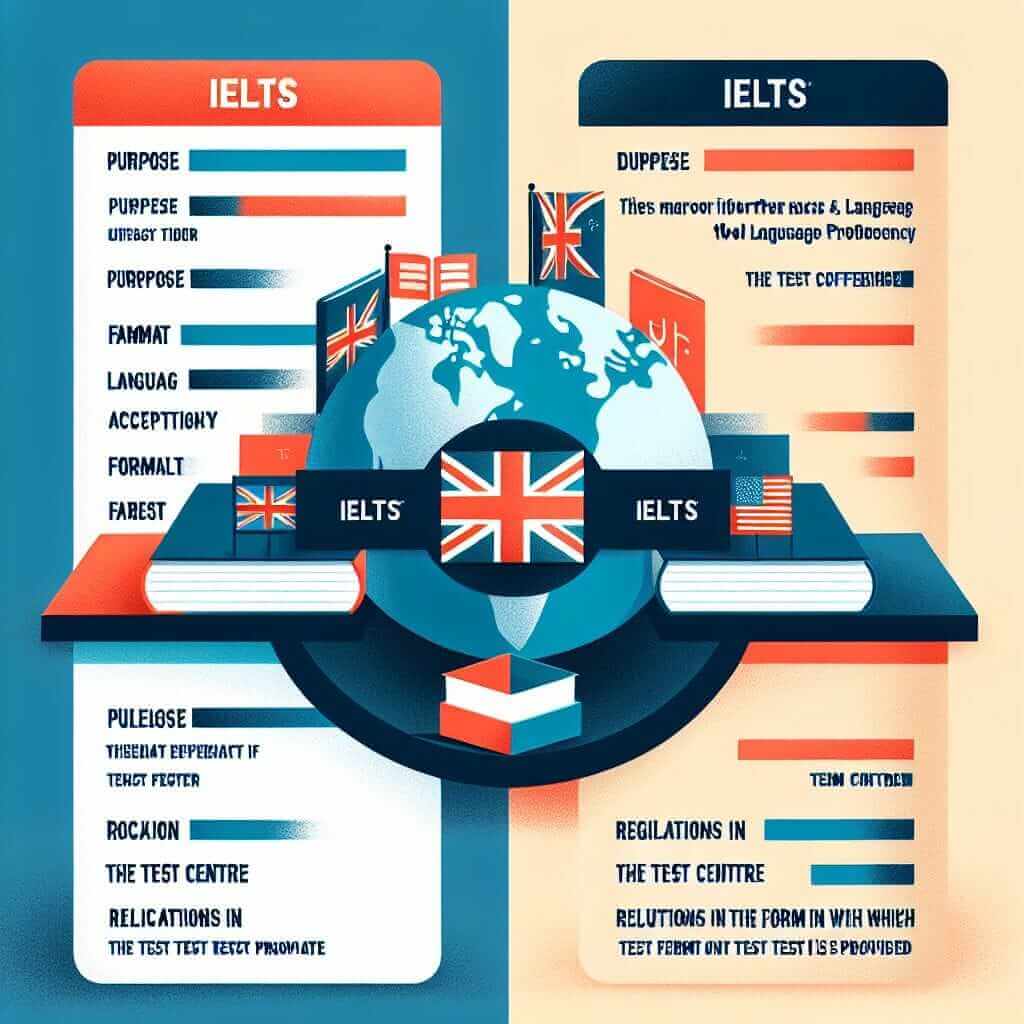For those embarking on the journey to study abroad or seeking professional recognition, understanding the nuances of English language proficiency tests is crucial. As an IELTS instructor with over two decades of experience, I often encounter confusion surrounding IELTS and IELTS UKVI. This article aims to demystify the differences between these two tests, equipping you with the knowledge to make informed decisions about your English language assessment.
What is IELTS?
The International English Language Testing System (IELTS) is a globally recognized English language proficiency test for non-native speakers. It assesses your ability to use English across four skills:
- Listening
- Reading
- Writing
- Speaking
IELTS is accepted by thousands of institutions worldwide, including universities, employers, and immigration agencies.
What is IELTS UKVI?
IELTS UKVI (UK Visas and Immigration) is specifically designed for UK visa and immigration purposes. It’s essentially the same test as IELTS but with specific test centre requirements and additional security protocols mandated by the UK Home Office.

The Key Differences: IELTS vs IELTS UKVI
While both tests assess the same four language skills, the key differences lie in:
1. Purpose and Acceptance
- IELTS: Accepted by a wider range of institutions globally, including universities in the UK, USA, Canada, Australia, and more.
- IELTS UKVI: Primarily for UK visa applications and accepted by all UK universities.
2. Test Content and Format
- IELTS and IELTS UKVI: Both tests share the same content, format, scoring system, and level of difficulty. The test questions, tasks, and marking criteria are identical.
3. Test Centre Regulations
- IELTS UKVI: Held at specific UKVI-approved test centres with stricter security measures, including biometric verification and video recording of the test.
4. Test Report Form
- IELTS UKVI: The Test Report Form (TRF) for IELTS UKVI has a slightly different format to indicate that the test was taken at a UKVI-approved centre.
When to Take IELTS vs IELTS UKVI?
- IELTS: If you are applying to universities or institutions that accept standard IELTS scores.
- IELTS UKVI: If you are applying for a UK visa that requires an English language proficiency test. It’s essential to verify the specific IELTS test type required by the UK visa category you are applying for.
Tips for Choosing the Right Test:
- Check the requirements: Carefully review the English language proficiency requirements of your chosen university or visa category.
- Contact the institution: If you are unsure, directly contact the institution or UKVI to confirm the specific IELTS test type needed.
Conclusion
In essence, the choice between IELTS and IELTS UKVI depends on your individual circumstances and the specific requirements of your visa application or chosen institution. By understanding the key distinctions outlined in this article, you can confidently select the appropriate test and take a significant step towards achieving your academic or professional aspirations. Remember, thorough preparation is key to success in either version of the IELTS exam. Good luck!